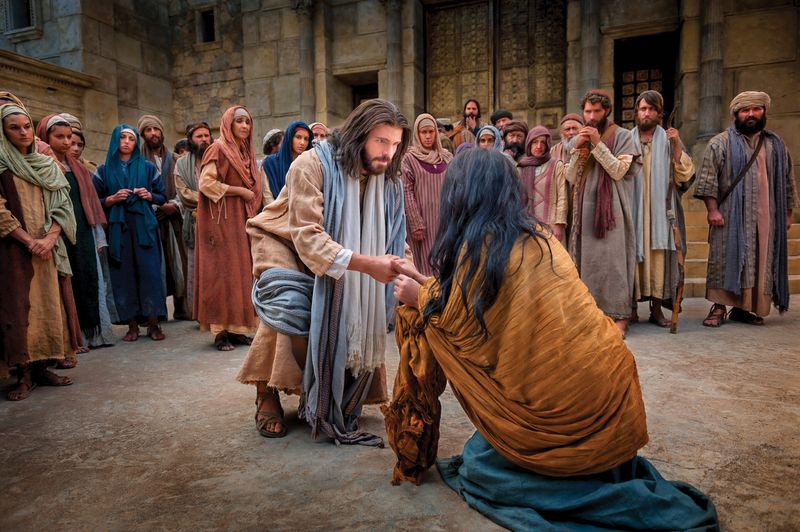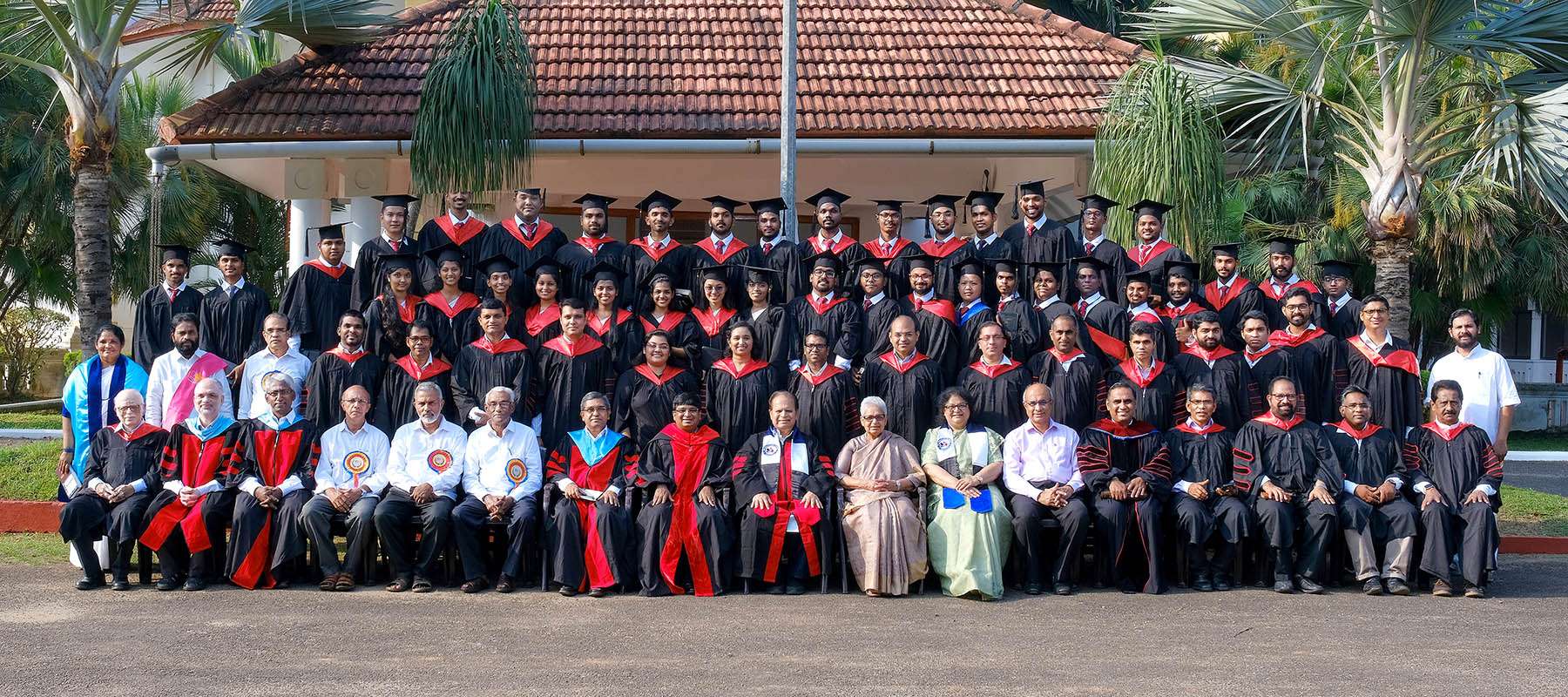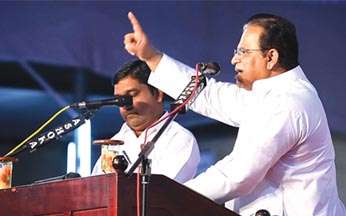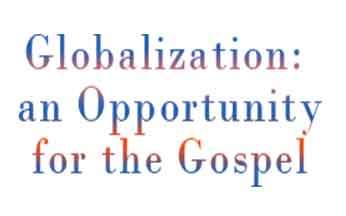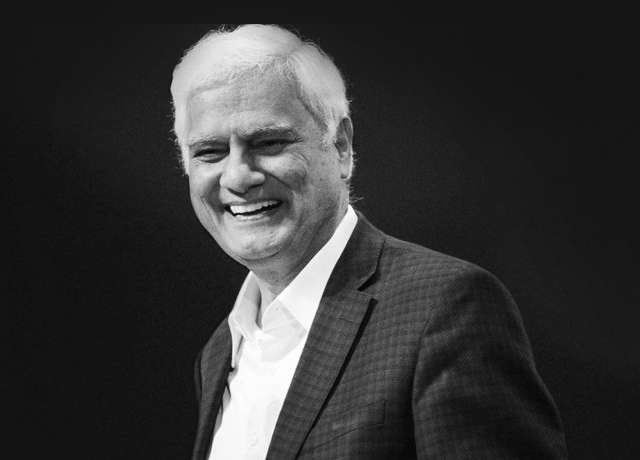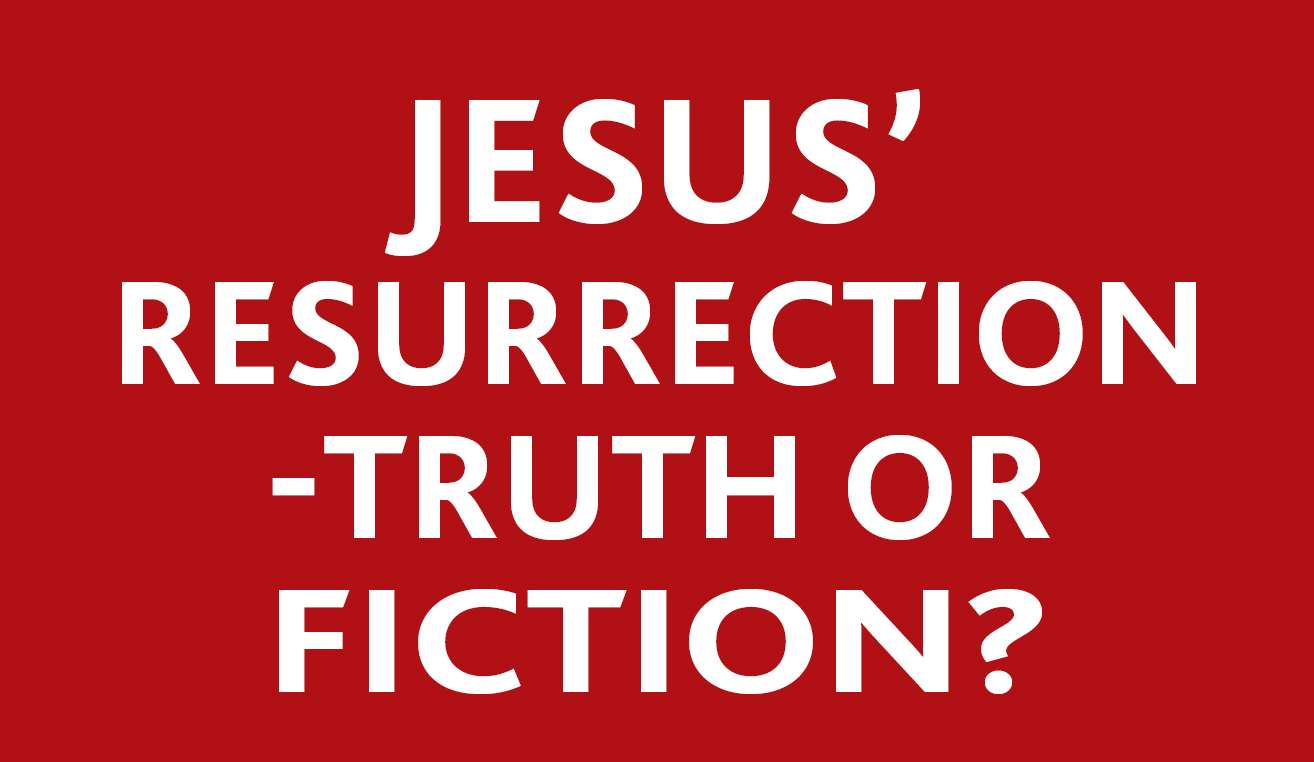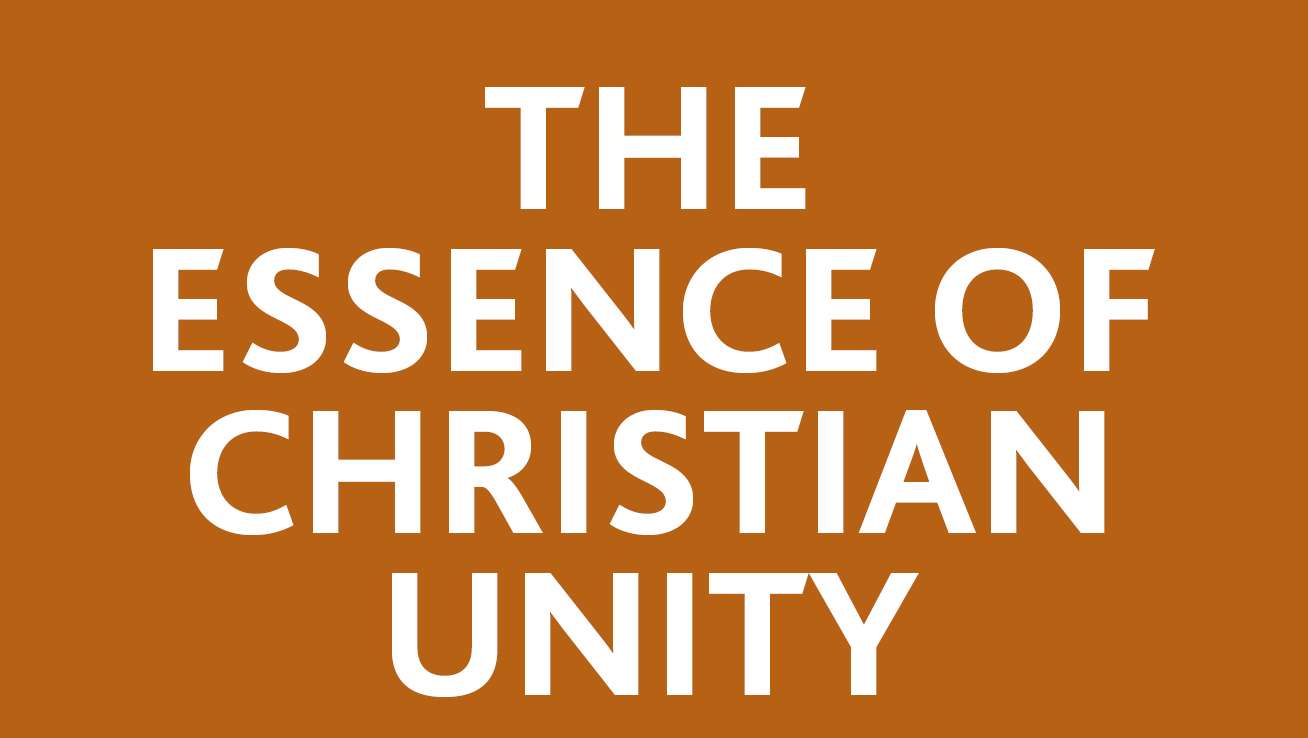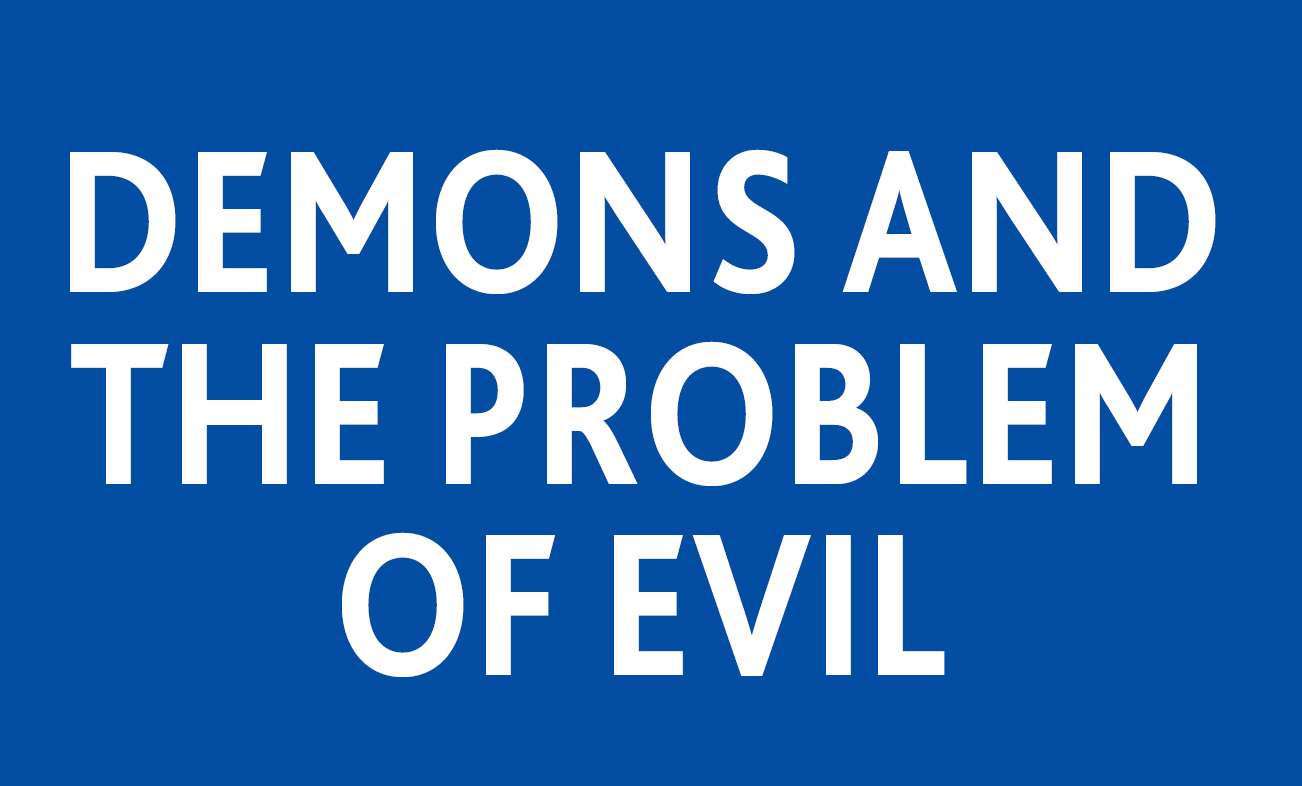

Christian Attitude Toward Finances
Dr. Valson Abraham
In recent days, we hear much about and perhaps experienced the penalties of living with a bad economy. The more we learn about the roots of the present distress, we realize that many supposedly “smart” people in responsible positions have made foolish decisions that violate simple principles of sound money management. That has cost us in trust and confidence in our most respected financial ,business and governmental institutions, leading to the present crisis.
The economic downturn demonstrates that the oldest and simplest principles are often the best and wisest. John Wesley has said. “Earn all you can, save all you can, give all you can.”There is more truth to this simple maxim than meets the eye. With God’s grace, Christian discipline and honesty, we should try to earn all we can. Next, we should wisely save and invest all we can. The purpose for this is to give all we can, providing generously for the extension of God’s kingdom. A basic principle of sound financial management is to live within our income by adopting habits of thrift and establishing a Christian pattern of spending. On average, an American spends more than 120% of his net income. Most people in the West, especially in the U.S., adopt a “play now, pay later” approach. This attitude and lifestyle has now permeated the younger generation in India as well. For this reason, we ought to follow a budget for spending, saving and giving. Present policies do not encourage this attitude.
Jesus Christ said more about money than about heaven and hell combined. In the gospels, one out of ten verses 288 in all deal directly with money. Forty-two percent of Jesus’ parables deal with money. The whole Bible offers 500 verses on prayer, less than 500 on faith, but more than 2,000 verses on money and possessions, indicating the importance of stewardship in the Bible. Somebody has said that becoming an economist is prerequisite for becoming a minister in the church. When Paul lays out qualities for spiritual leadership, he says in Titus 1:7, “For the overseer must be beyond reproach as God’s steward.” The Greek word rendered “steward” is ‘oikonomon’, from which we derive the English word “economist.” It is accompanied by the Greek imperative “must.” In other words, the literal rendition of this passage, is, “The overseer must be above reproach as God’s economist.” To become a good steward is to affirm God’s absolute sovereignty and ownership of our lives and all we possess. That means we are accountable to manage faithfully what He has entrusted to us.
When we talk about financial planning, we talk about wise budgeting. Some people don’t like to budget because it sounds negative and restrictive. But a good budget helps you to spend wisely for what you really need with what you actually have.
A Christian use of money involves the following categories:
1. Giving for the total work of the Lord’s kingdom, including tithes and other offerings.
2. Basic living needs food, clothing, shelter, health care, transportation, taxes, etc.
3. Economic security savings, investments, etc.
4. Improving quality of life education, books, etc.
The Christian should always avoid certain expenditures like gambling, drinking, and other immoral things that endanger our testimonies. Because every family has different needs, a standard budget does not exist. Every budget must suit each family’s needs. We must set up our own plan by which we can live within our income and know where our money goes.
A budget’s purpose is to establish income against expenses by providing a written plan. A budget helps us to visualize our goals and aids families to communicate. The number one basis for marital conflict is lack of adequate financial management and good communication between husband and wife on these matters. Almost 30 years ago, I counseled a young couple that earned thousands of dollars per month. By the fifth of the month, they had only $400 left. Another couple that I counseled earned even more money. Between the two of them, they owned four very expensive vehicles. Still, they argued with one another and wanted me to be their mediator. They had no lack of money, but they also exerted no control over their spending. It makes no difference how much money you have, but how wisely you use it. The second couple did not have a fixed income and generated huge amounts of monthly income. But they had no budget and no agreement on how to spend it. With no point of reference, their marriage degenerated, and they finally divorced.
A good budget helps to anticipate expenses so they don’t suddenly creep up and surprise you. When you manage and budget, your money goes farther. Lyle Schaller has said.” A budget is a theological statement.” A budget shows what your priorities are. Someone else also said, “Show me your checkbook and calendar, and I will write your biography.” When you have a budget, you have an opportunity to work and pray as a family on your spending decisions.
Here are some essential steps to sound Christian budgeting:
1. Determine your goals, based upon God’s purpose for your life.
2. Determine your income.
3. Estimate your expenses, both fixed and negotiable. Fixed expenses include your house payments or rent. Negotiable expenses include those things that vary from month to month.
4. Faithfully record expenses. Many resources are available to help you do that.
5. Avoid unnecessary and paralyzing debts, especially with the easy availability of credit cards. This causes untold misery because down deep, you are unconsciously trying to keep up with others. As someone has said, that means “buying what you don’t need with the money you don’t have to impress people you don’t like.”
6. Use common sense when you buy, and develop sales resistance.
What kind of budgeting plans should the Christian adopt? If you are new to budgeting and depend upon the Lord in financial matters, you may want to start with the “80-10-10 plan”-80% for living expenses, 10% for savings and investments, and 10% for giving. The “70-15-15 plan” moves you to trust the Lord even more as you adopt God’s purposes for material needs and responsible living. Keep in mind that with God, it is not so much what we earn but how we use it that makes all the difference in the world. Let all of us as Christians learn the joyful life of stewardship and become “good economists” for His glory, our blessing, and the blessing of many others.
Prayer: Lord, help me to understand that you own everything. Spirit of God, help me to manage well what you have given to me so that it expands your kingdom. In Jesus’ Name, Amen

